Worlds at War
The A. J. P. Taylor Collection
A. J. P. Taylor
First published by Lume Books in 2020
Copyright A. J. P. Taylor 2020
Lume Books
30 Great Guildford Street,
Borough, SE1 0HS
The right of Lume Books to be identified as the author of this work has been asserted by them in accordance with the Copyright, Design and Patents Act, 1988.
All rights reserved. No part of this publication may be reproduced, stored in a retrieval system, or transmitted in photocopying, recording or otherwise, without the prior permission of the copyright owner.
Table of Contents
How Wars Begin
How Wars End
The War Lords
War by Timetable
Revolutions and Revolutionaries
HOW WARS BEGIN
A J P Taylor
To Eddie , their only begetter
Table of Contents
Introduction
Six major wars have been fought in Europe since the French Revolution. A seventh was fought all over the world though Europe contributed to its outbreak and provided one field of combat. Since then there has been one major conflict which without leading to actual war had many of its characteristics. Two major wars - the American civil war of 1861 to 1865 and the Russo-Japanese war of 1904 to 1905, being fought entirely outside Europe, do not fall into the pattern of the others and I have therefore omitted them from my survey of how modern wars begin.
This has long been fertile ground for historians. Many of the wars had a long background or, as Renouvin wrote, profound causes. Two were presented as wars of creeds: the French revolutionary wars as a conflict between Jacobinism and reaction, the second world war between Fascism and democracy. The Austro-French war of 1859 and the Austro-Prussian war of 1866 were inspired in part by the principle of national ism. Imperialist rivalries are often cited as contributing to the first world war. The overweening ambition of a single man - Napoleon at the beginning of the period and Hitler towards its end - has sometimes bulked large.
Public opinion, inflamed by a jingo press, has not escaped censure. Diplomats, too, have been made responsible. The first world war was widely attributed to secret diplomacy and to the European alliances that were its outcome. Militarism, preaching the glories of war, has played its part. Sometimes, it is said, the guns went off of themselves. On a more prosaic level wars were allegedly provoked or at least encouraged by armament manufacturers, 'the merchants of death'.
Historians themselves might be added. In the nineteenth century, though perhaps less at the present day, they were fervent patriots, 'chaplains of the pirate ship' as Beatrice Webb called them. They presented the expansion of Empire as the noblest chapter in the history of their particular country. English historians glorified Queen Elizabeth I or the great Earl of Chatham; French historians glorified Napoleon I, though less unanimously; German historians made do with Frederick the Great or even Julius Caesar. On a slightly more academic level historians presented international relations as a series of conflicts between sovereign states, shaped by the ever-changing Balance of Power and leading inevitably, even admirably, to major wars.
All these explanations have some validity. But there is also another more prosaic origin of war: the precise moment when a statesman sets his name to the declaration of it. The statesman is no doubt a creature of his time and shares its outlook. But the actual act of signing his name has often little relation to the profound causes, as I discovered to my surprise when developing my theme. The Jacobins certainly hoped to carry the Rights of Man across Europe, but they were forced into war by the declared intention of the conservative powers to destroy the French revolution. Napoleon may well have aspired to found a great European Empire. But all his wars except the last were preventative wars, provoked by the preparations that others were making to attack him. The Japanese wished to dominate the Far East but they, too, were forced into war by the prospect that otherwise the American embargo on their oil would strangle them.
Public opinion has more often trailed after policy rather than determined it. Italian nationalists showed little enthusiasm for the Austro-French war of 1859 and German nationalists showed little for the Austro-Prussian war of 1866 until after Bismarck had achieved his victory. In 1870 Parisian crowds called 'a Berlin' only when war had been declared. In 1914 there were frenzied demonstrations for war in every European capital again only when war had been declared. We have no idea whether they would have cheered as widely if peace had been preserved; British crowds certainly did so after the conference at Munich in 1938. The only case to be set on the other side is the Crimean war where popular hostility to Russia made it difficult for the British government to follow a conciliatory policy. Even so diplomatic muddle contributed more than an excited public opinion to the outbreak of the Crimean war.
Militarism, or rather the opinion of the military authorities, has of course always counted for something. Napoleon presumably knew what he was doing when he declared his wars, though in 1812 at any rate he judged wrongly. The Prussian general staff were confident of victory in 1866 and still more in 1870, though they did not actually provoke the declarations of war. The French generals should have advised against war in 1870 if they had understood their profession and instead urged war for purely emotional reasons. In 1914 all the general staffs reported that they were ready for war but only the German general staff pushed for its declaration and then at the last moment. Both Hitler and the Japanese intended to avoid a major war until later and were lured into it by the minor wars that they undertook. Perhaps the British and French general staffs of 1939 reported that war, though unwelcome, could be at any rate tolerated, but even this is doubtful.
Wars in fact have sprung more from apprehension than from a lust for war or for conquest. Paradoxically many of the European wars were started by a threatened Power which had nothing to gain by war and much to lose. Thus Austria started the Austro-French war of 1859 by her declaration of war on Sardinia. She started the Austro-Prussian war of 1866 by promoting the condemnation of Prussia at the Federal Diet. She started the first world war by her declaration of war on Serbia. Yet in each case she was almost bound to be the loser. Apprehension was reinforced by exasperation-with Austria the harassment of nationalist propaganda. Similarly France in 1870 was exasperated by Bismarck's successes and started the war by her declaration of war on Prussia.
England and France acted in much the same way in 1939 when they transformed the German invasion of Poland into the preliminaries of the second world war by declaring war on Germany. The French expressed this when they said, 'Il faut en finir'. Even the Japanese acted more from apprehension than from aggression when they attacked Pearl Harbor in 1941. As to the Cold War between Soviet Russia and the United States, this seems in retrospect to have been motivated by mutual suspicion, at any rate for most of the time, rather than by any conscious design of one party to destroy the other.
Every Great Power is suspicious of any likely or even unlikely rival. What seems defence to one will always appear as an aggressive preparation to another. This has nothing to do with human nature which is infinitely variable. It is the inevitable consequence of the existence of sovereign states. Every Great Power relies on armaments as a means of deterrence. This deterrent has often worked and has given Europe long periods of peace. There comes a moment of impatience or misjudgement and the deterrent fails to work. With nuclear weapons the Balance of Power has been replaced by the Balance of Terror. This only means that the chances of war are less, not that they have been eliminated. In the old days the deterrent worked nine times out often. Now presumably it will work ninety-nine times out of a hundred. But if past experience is any guide - and as I have suggested in my conclusion it is not a certain one - the hundredth occasion will come.



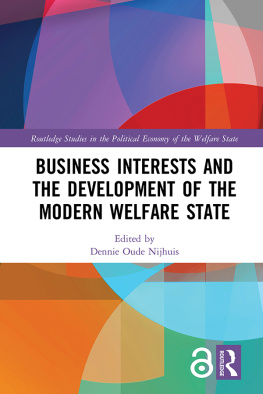
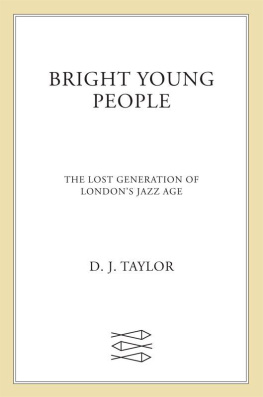
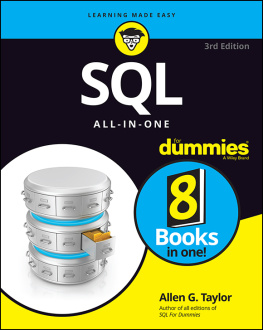
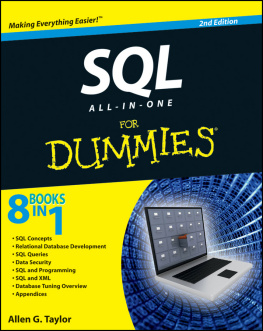
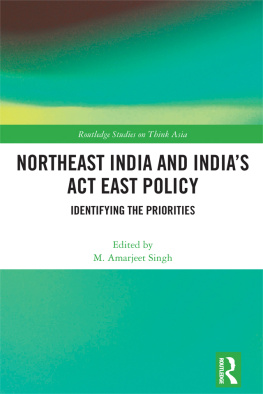
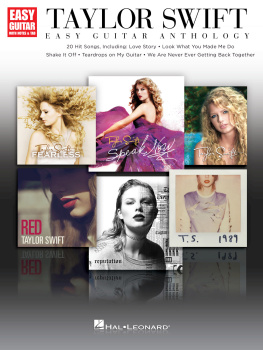


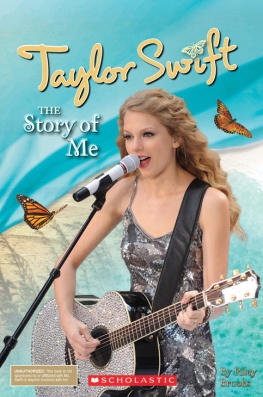


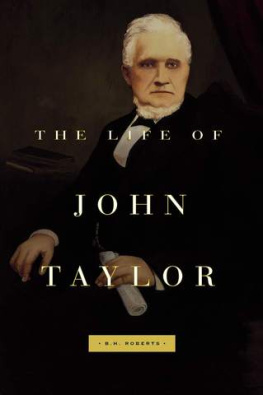
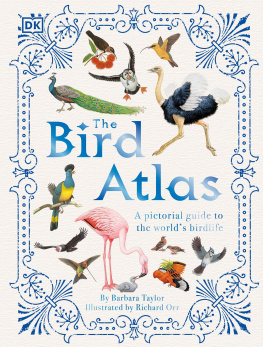
![T.L. Taylor [T.L. Taylor] - Watch Me Play](/uploads/posts/book/131712/thumbs/t-l-taylor-t-l-taylor-watch-me-play.jpg)
